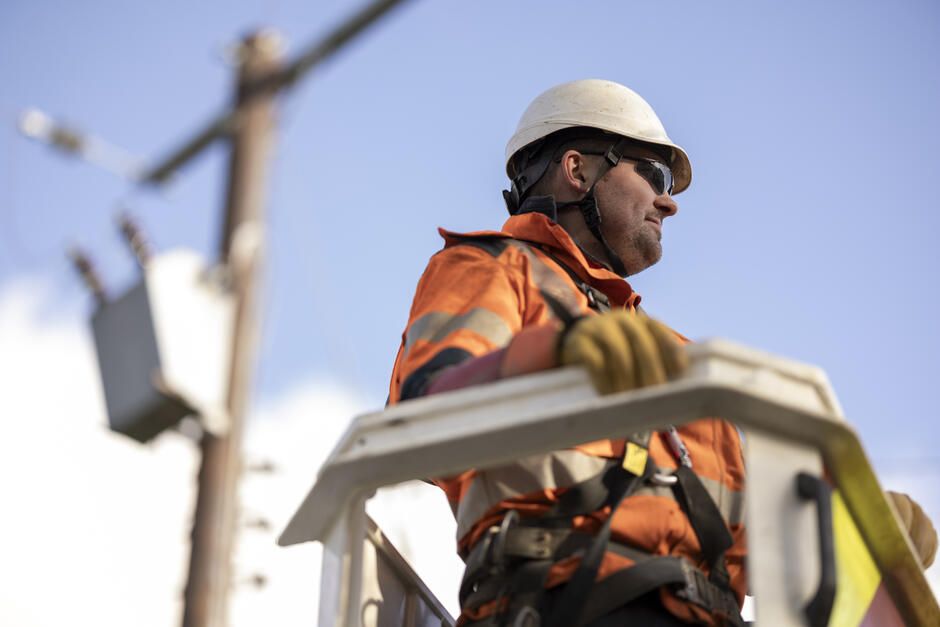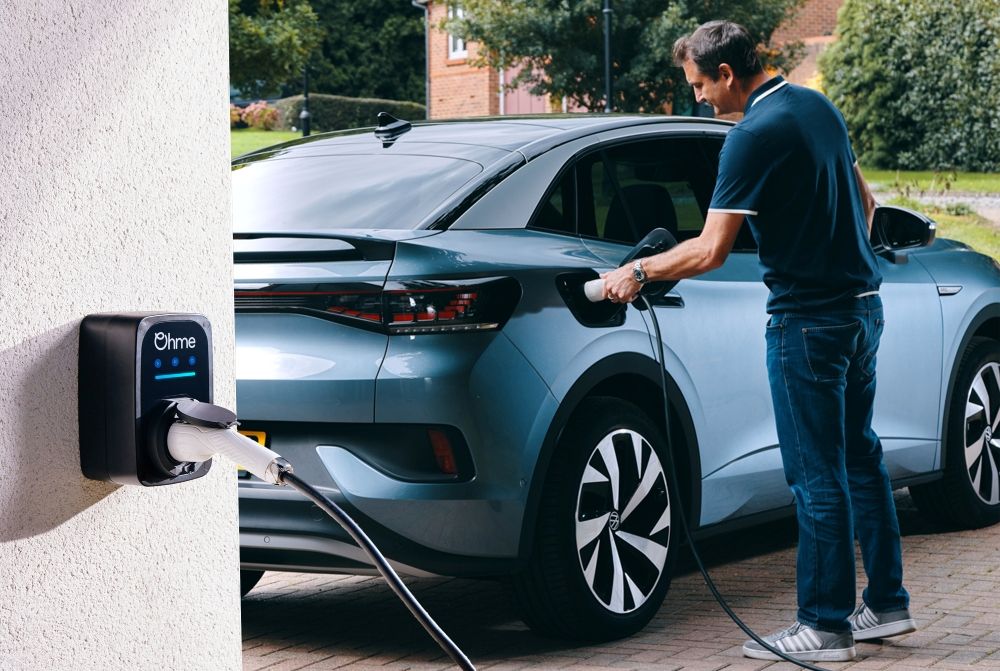Simon Tate, Sales Director at Mer UK (Fleet and Workplace) tells us what financial support is out there for businesses wanting to install EV chargers. Here, he talks us through OZEV’s workplace and fleet charging grants.
With fuel prices at an all time high and net zero ambitions firmly on the country’s agenda, businesses and fleets across the UK are fast tracking their transition to low carbon transportation.
Reliable and affordable charging infrastructure is key to that transition, and to help meet the growing demand, the Office for Zero Emission Vehicles (OZEV) has funding available.
So what’s available
Probably the most well known and established grant, the Workplace Charging Scheme (WCS) provides financial support towards the cost of purchasing and installing workplace charge points.
It was first introduced by OZEV in 2016, renewed in 2020, and earlier this year was opened up to SMEs, accommodation businesses and charities.
The scheme allows for up to £350 per charging socket (maximum of 40 sockets) up to a value of £14,000. To be eligible for the scheme you must be a registered UK business, charity, or public sector organisation; have off-street parking; and own the property or have consent from the landlord to install the charge points.
Replacement chargers
Businesses can also use the WCS to fund the upgrade of charge points older than three years. The funding can’t be used for repairs. It must be a new charge point that’s installed and the 40 socket limit still applies.
How to apply
I recommend speaking to an OZEV approved installer who can advise you on the process and survey your site, either remotely or in person, before you make an online application.
When eligibility checks are complete, you will receive a voucher for the number of required EV charge point sockets. Give this to your installer, who will then invoice you for the work, minus the value of the voucher.
As of 1 April 2022, the WCS has funded the installation of 26,424 sockets in workplace car parks and depots since the scheme started in 2016.
The new kid on the block
Next up and launched in April of this year, we have the EV infrastructure grant for staff and fleets. It’s aimed at small and medium sized businesses (SMEs) and has been designed to help organisations plan for the future demand of low emission vehicles.
SMEs can get up to £850 for each private parking space that the charging infrastructure and charge point is required for. £500 for the supporting electrical work and £350 towards the actual EV charger.
Each grant application can be up to a maximum of £15,000. A business can apply for up to five grants in total but they must be used for a different location. If more charge points are needed in addition to those provided by this grant, then the Workplace Charging Scheme can be used.
The great thing about this grant is that your business can start small by installing one fully operational EV charger while laying the electrical groundwork for the installation of future charge points.
Applicants must be registered with Companies House or have a VAT registration and employ less than 250 people. A minimum of five parking spaces must be provisioned with the supporting charging infrastructure and at least one of those parking spaces must have a working charge point.
The difference with this grant is that the Driver and Vehicle Licensing Agency (DVLA) administers it on behalf of OZEV. Businesses must first register with DVLA using this registration form.
Once registered, you can agree work to be undertaken at a specific site with an OZEV approved installer. Once work is complete, your installer will apply for the grant on your behalf and OZEV reimburses them directly.
Don’t delay
While the WCS is here for the foreseeable future, it isn’t clear when the infrastructure grant will end. If you’ve been thinking about installing EV chargers there’s never been a better time to act. You could be saving thousands on groundwork and hardware costs while still benefiting from decreasing employee Benefit-in-Kind tax for company cars, reducing company fleet carbon emissions and shrinking your employee carbon footprints.
To help businesses get their heads around the grants Mer have produced a complete guide to what is available and how to apply.
Image courtesy of Mer.











